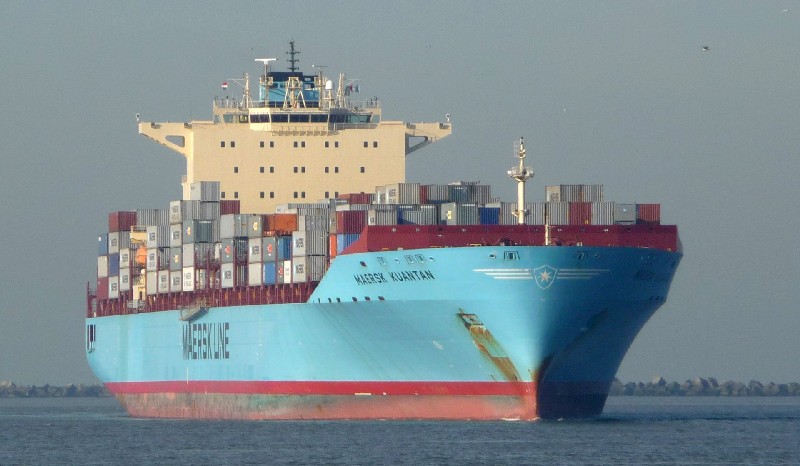Dutch/Curacao shipping structure
We would like to present a tax proposition for ship-owning companies using the Curacao tonnage tax system and the Dutch participation exemption. The structure combines a Dutch holding company with an subsidiary on Curacao.
Both The Netherlands and Curacao have tonnage tax regimes. Under such regime the actual profit is not taxed, but the taxable profit is calculated based on the net tonnage of the vessel(s). Such regime results in a very low taxable profit. For the Dutch tonnage tax regime it is required to have an EU/EER flag. Exemptions may be applicable for this flag requirement. However, the so-called country ratio exemption is not applicable for 2018. Therefore, in principle to apply for Dutch tonnage tax at first in 2018, an EU/EER flag is required. This is the case for most European tonnage tax systems, since the EU/EER flag requirement is included in the EU Maritime State Aid guidelines.
If a shipping company prefers non-EU/EER flag(s) the following solution is possible. A Curacao NV can be incorporated by a Dutch holding company. This Curacao company can be the ship-owning company and can apply the Curacao tonnage tax regime. The benefit of the Curacao tonnage tax regime is that no flag requirement applies, so e.g. Panama flag is possible. A Dutch holding company can hold all shares of the Curacao NV. Depending on the activities of the Curacao company, e.g. time charter out, the Dutch participation exemption will apply on the shares of the Curacao NV. This means no taxation on dividends and capital gains.
The Dutch participation exemption will not apply for so-called low taxed portfolio investment participations. A portfolio investment is assumed if the assets are rented out to affiliated companies, e.g. on a bare boat charter. A participation is considered low if the taxation in the other country is not considered reasonable according to Dutch standards. For low taxed portfolio investment participations, the Dutch participation exemption is still possible if certain requirements are met, e.g. at least 20% debt. For most shipping companies these requirements should be met.
To apply for the Dutch participation exemption, the actual management of the Curacao NV should be located at Curacao, e.g. a qualified Curacao director, administration etc. Furthermore, the actual management of the Dutch BV should be located in the Netherlands. In order to meet this condition the company should inter alia have at least 50% qualified Dutch resident directors and the important management decisions should be taken in the Netherlands.
The application of the Dutch participation exemption highly depends on the activities of the Curacao NV. This should be implemented and structured carefully.
Using the Curacao tonnage tax regime and the Dutch participation exemption will lead to an optimal tax structure for shipowners, e.g. a very low effective tax rate on shipping income, no taxation on dividends/capital gains on the shares of the ship-owning company.
For more information please contact us.
March, 2018
